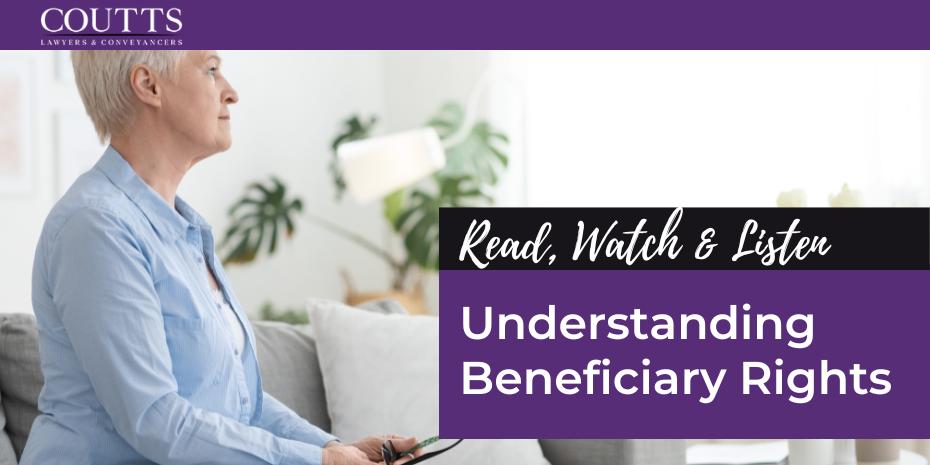KEY TAKE OUTS
- No one legally own’s the body of a deceased person.
- When there is a Last Will and Testament of the deceased person, the named Executor(s) have the temporary control of the deceased’s body for the purpose of arranging their burial or cremation.
- Where the deceased did not leave a Last Will and Testament, the Next of Kin is the most appropriate person to hold this temporary control.
- If the deceased person left written intentions as to their funeral wishes, the Executor or Next of Kin is legally bound to carry out those wishes.
The issue of deciding on the funeral arrangements for a deceased person is becoming prevalent within Australia. The major questions being asked by the deceased persons loved ones are: Who needs to organise the funeral? Who decides how the deceased is disposed of by means of burial or cremation? How do we resolve disputes between family members regarding the ownership of the deceased’s body? This article will explore these questions and provide guidance as to who legally has the right to arrange the funeral wishes of a deceased person.
Who has a right to bury the deceased when the deceased left a Will?
An eligible person will have control over the deceased’s body for the purposes of burial or cremation however, no person can legally own whole or part of a deceased’s body.
An eligible person in this context is the Executor appointed pursuant to the Last Will and Testament of the Deceased. In this instance, the familial requests are not legally required to be followed by the Executor, however the Executor may wish to follow the families intentions provided that they are not contrary to the deceased’s wishes.
Regulation 77 of the Public Health Regulation 2012 (NSW) provides that if there are written intentions from the deceased relating to their funeral wishes, then the Executor is bound to adhere to such request. A failure to follow the deceased’s funeral wishes could result in a maximum penalty of 10 penalty units.
What happens when the deceased does not leave a Will?
If the deceased did not leave a Last Will and Testament, then there is no appointed Executor for the Estate. The question then arises as to who the eligible person or persons is would be to temporarily have control over the deceased’s body for the purposes of carrying out the burial or cremation of the deceased.
In this situation, the Next of Kin (legally referred to in Australia as the deceased person’s closest blood relative or somebody who has a close relationship to the deceased person for example a husband or wife) would have the temporary control over the deceased’s body for the purposes of carrying out the funeral of the deceased. In turn, this person or persons would also be considered to have the right to apply to be the Administrator of the deceased persons Estate through the process of applying for Letters of Administration.
It is important to note that the common law has considered the issue of there being no Next of Kin that has survived the deceased person. The case of Smith v Tamworth City Council (1997) held that if there was no surviving Next of Kin, then the person whom the deceased last lived with has the temporary control of the deceased’s bod for the purposes of burial or cremation.
ABOUT KAISHA GAMBELL:

Kaisha is a Senior Associate at Coutts Lawyers & Conveyancers and heads our Wills and Estate planning team. She has been a successful and established lawyer in the Macarthur Region in excess of 5 years, where she has drafted and acted for many individuals and families with a net worth between $350,000 to 10,000,000.
For further information please don’t hesitate to contact:
Kaisha Gambell
Senior Associate
kaisha@couttslegal.com.au
02 4647 7447
This blog is merely general and non specific information on the subject matter and is not and should not be considered or relied on as legal advice. Coutts is not responsible for any cost, expense, loss or liability whatsoever in relation to this blog, including all or any reliance on this blog or use or application of this blog by you.



